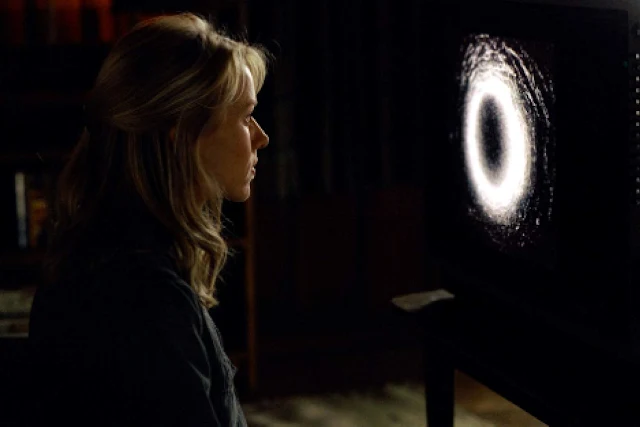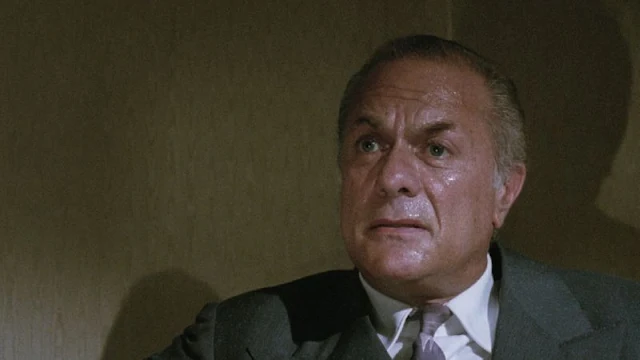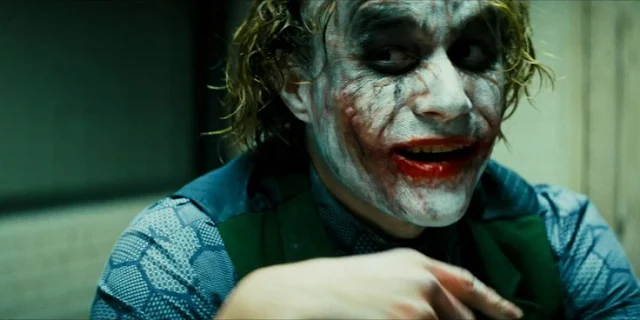 |
| Elizabeth Debicki, Viola Davis, Michelle Rodriguez, and Cynthia Erivo in Widows |
A solid dark thriller with a powerhouse cast, Widows tells the story of four women married to professional thieves who are bereaved when a major heist goes wrong and the van the men are in goes up in a fiery explosion. The problem is that the loot was also incinerated and it belonged to a powerful Chicago politician and crime boss, Jamal Manning (Brian Tyree Henry), who shows up at the home of one of the women, Veronica (Viola Davis), demanding repayment. Veronica, who had no part in her husband's crimes, is desperate to raise the money, but her husband's chauffeur had the key to his safety deposit box, in which she discovers a notebook full of detailed plans for all of his heists, including one he had yet to pull off. Eventually, she concludes that the only way to raise the necessary millions is to do that heist herself, for which she enlists two of her fellow widows. The film casts fine actors like Liam Neeson, Daniel Kaluuya, Robert Duvall, Carrie Coon, Lukas Haas, and Jon Bernthal in secondary roles as the complications and surprise twists ensue. Steve McQueen's no-nonsense direction and the skill of his cast make the whole thing mostly plausible, mainly by not giving you time to question some of the plot's weaknesses. There's a subplot about the election battle between Jamal Manning and Jack Mulligan (Colin Farrell), the scion of an old Irish political family, which is tied to the main plot by some fairly tenuous threads, a few of which are blatant contrivances. But the focus is on Veronica and her crew, played superbly by Davis, Elizabeth Debicki, Michelle Rodriguez, and Cynthia Erivo.


































